| OVERVIEW
There is a battle going on today over global warming and climate change and what to do about it. One side believes that increasingly abnormal weather patterns are a natural occurrence whether there is an increase in carbon emissions or not. They believe there is evidence that suggests that climate is cyclical and not really impacted by environmental changes or that the environmental changes are not significant enough to alter what has been unpredictable patterns in earth’s weather patterns.
The other side believes that increasing CO2 emissions have altered and continue to alter the weather patterns, and has ultimately been responsible for the increase in hurricanes, tornados, heat waves, cold spells, excessive rain, droughts, and pretty much any increase or decrease in weather patterns. This line of thinking says that the carbon emission increases are permanently destroying the earth’s ice caps, water security, food security, and ultimately the ability to sustain life.
THE ARGUMENT
The argument revolves around carbon emissions and our inability to regulate the human impact on said levels. The push is to regulate transportation, population, consumption of water and food, production of goods, or pretty much every facet of our daily life as we now know it. Here in the United States, there are those who believe that we cannot alone make a difference if other countries are not following the same path. Others believe that we must take the lead in order for others to follow. This is the conundrum we all find ourselves in. However, maybe we’re looking at this the wrong way. What if both sides have validity? What if there was a solution that both sides of the argument could agree on 100%?
THE CULPRIT
There has been a decrease in forest land around the world for decades now. There have been warnings for as long as this has been happening, yet we have forgotten about the decimation of these natural habitats. Deforestation is the leading cause of 15% of carbon emissions. (The World Counts)
According to some estimates, tropical rainforests store more than 210 gigatons of CO2 absorbed from the atmosphere.
Trees absorb greenhouse gases, and they produce oxygen and water vapor that they then release into the atmosphere. However, after deforestation, these gases are left unchecked in the atmosphere, creating a layer of ozone that traps heat, leading to global warming.
Arguably, our carbon emissions have been going up as the natural forests have been increasingly eliminated, therefore making it close to impossible to get control of. If we were to concentrate on replenishing forests at an equal rate by which they are being destroyed, at minimum our carbon levels might remain relatively the same. Imagine if we could start to build back the forest to levels seen in previous decades, we might actually lower carbon emissions naturally rather than fighting over how to get it done and who has to give up what in order to save our planet. Consider this:
*The world lost 20 million acres of primary forest between 1990 and 2020. (FAO)
*Even though the loss rate slowed down by half from 2010 to 2020, we’re still losing too much primary forest, according to the rainforest destruction figures.
*Trees absorb the carbon dioxide that humans exhale, but they also trap the greenhouse gases we create every day.
*Deforestation leaves animals without homes. But it also allows these gasses to go into the atmosphere, increasing global warming. For these reasons, our focus is on the wrong area. Consider these staggering statistics; *Deforestation is the leading cause of 15% of carbon emissions. (The World Counts)
*According to deforestation and climate change stats published by Al Jazeera, Amazon’s carbon emissions rose by 9.6% in 2019.
*More than 20% of the world’s primary forest loss occurred in Canada. (ThoughtCo.)
*About 1,740 square miles of the Brazilian Amazon rainforest were destroyed between 2017 and 2019. (Mongabay)
*According to Haiti deforestation facts from Pacific Standard, the country may completely lose its rainforests in just 20 years. ()
*Bolivia is the fifth leading country in deforestation. (Mighty Earth)
*From 2001 to 2019, Indonesia lost 93% of tree cover in areas where deforestation is predominant. (Global Forest Watch)
*Deforestation affects Africa at twice the world rate. (Sustainable Food Systems)
*Africa is losing 3.9 million hectares of forest every year. (Ressources Magazine)
*Deforestation brings new diseases, such as COVID-19. When habitats are disrupted, animals come in contact with people and spread new diseases onto the human race. Many believe this is how HIV and the Ebola virus spread. (FutureLearn)
The data above is not really in dispute. If it were, the argument would not be about whether or not it was happening. What is clearly not in dispute is that these are disastrous figures and information that should shake us at our very core. While there are efforts to reverse this, the Amazon decreasing deforestation by two thirds is simply not enough. What is the United States doing about it? Is there really enough awareness among the citizens to gain support for solutions? What are the potential solutions for the U.S. as well as other countries that need our assistance and leadership?
If it is the belief that the U.S. should lead the way, then the U.S. is going to have to put pressure on other countries and resource providers to assist them, as well as take care of its own backyard. Since we can all agree that this is one of the main culprits of climate change and global warming, it should not be so difficult to garner the political capital in order to make a difference. We are arguably putting billions of dollars in assistance to other programs that are not producing a dollar’s worth of results.
We can all agree that losing our forests ultimately will be our demise if not altered. Yet, we battle politically on an argument where two sides are dug in and will not budge. Meanwhile, we are wasting valuable time as the forests are vanishing right in front of our very eyes.
The problem is not just found in the U.S. Read the alarming statistics that impact us all.
*In 2019, the world lost more than 8.9 million acres of tropical rainforests. (Bloomberg)
*By 2030, there may be only 10% of the rainforests left. (The World Counts)
*Since the 1600s, the U.S. has destroyed 75% of virgin forests. (LoveToKnow)
This is the common hurdle that makes it as difficult as the climate change argument. However, this is where the U.S. can really lead the way by providing assistance, and other countries might be more accepting of the help. We need to have a “Forests for Life” program.
SOLUTIONS
Solutions exist! Once the United States acknowledges that building and replenishing forests is a priority, other countries will follow if given some guidance and assistance. We have to remember that while the main issue may not exist within our country solely, the impact of other countries where the impact is larger impacts us entirely. It alters what we can and cannot do. It means that we have to ration our freedom and our way of life in order to minimize what is not being done somewhere else. Once that has been established, a plan needs to be put in place to help foster the replenishment of forests and or start new ones where they once existed. FarmBox Foods, a hydroponic growing company, has come up with a means to propagate tree seedlings. The farms can simultaneously propagate more than 9,000 tree plants within a 320 sq. foot container. It is a controlled-environment unit that can grow trees anywhere and operate off grid in areas that do not have a secure or reliable source of electricity. The farms operate with minimal water usage, and the fact that they are transportable is a significant characteristic.
A FarmBox Foods farm can be deployed in the areas where the program will be implemented. Once the farms have done their job, they can be deployed to another location. An even greater impact would be having the farms working in other countries. Imagine Africa creating forests in areas where its sustainable. Imagine Bolivia being able to replenish its devastated forests. Imagine Haiti being able to regrow its forested lands. Imagine countries that could have the ability to harvest and restore, generating revenues and saving the planet. Once the plants have reached planting maturity, they can be placed into areas to begin creating growth of trees that will slow and eventually turn around the carbon problem the world is experiencing.
CLEARING FORESTS FOR AGRICULTURAL NEEDS – IT’S THE BIGGEST OF PROBLEMS!
It is a little-known fact that agricultural lands are often acquired through forest devastation. Consider these facts:
*Illegal logging and agriculture are some of the main culprits for deforestation. Sadly, having fewer forests isn’t the only consequence of land clearing. The aftermath is causing disastrous effects on the entire ecosystem.
*Some 80% of the tropical rainforests are destroyed due to agriculture. (Greenpeace USA)
If the forests are being turned into agriculture, then you have to take away the incentive for why this is happening and provide agriculture that’s sustainable and does not need the space in order to grow. FarmBox Foods also can provide some solutions to curb the need to acquire huge amounts of land in order to provide the same amount of food. FarmBox Foods farms can be stacked and fill unused warehouses while providing massive amounts of food for the population in need. They can be operated in any climate and have a controlled environment, unlike traditional farming.
With a company like FarmBox Foods, you eliminate the need to clear forests, and introduce sustainability and food security with a more efficient, lower use of resources, and without pesticides and fertilizers that poison the food and the earth.
FARMBOX FOODS: ONE COMPANY PROVIDING SIMPLE SOLUTIONS FOR A WORLD BEING THREATENED BY AN EXISTING PROBLEM
FarmBox Foods provides a means to propagate trees to be planted in order to save, replenish, or start forests that have been lost or devastated. FarmBox Foods can use the same farm to help diminish the need to clear forests to provide for lands in order to feed an ever-growing population and supply wood for the ever-increasing demand for housing and other construction. If we really want to make a change, then we need to take out the politics and turn words into action before it really is too late. As we debate the validity of climate change, time is ticking by and it could be too late. If we can really take back our forests and institute good forest management, we can begin to settle the other things that may or may not be affecting our climate and the health of our planet. If the politicians in the U.S. really want to make a difference, then they will implement sustainable container farming now and make history as the group that saved the planet. It’s clear that when the forests are gone, our planet goes with it. Then it won’t matter who was right or who was wrong. |


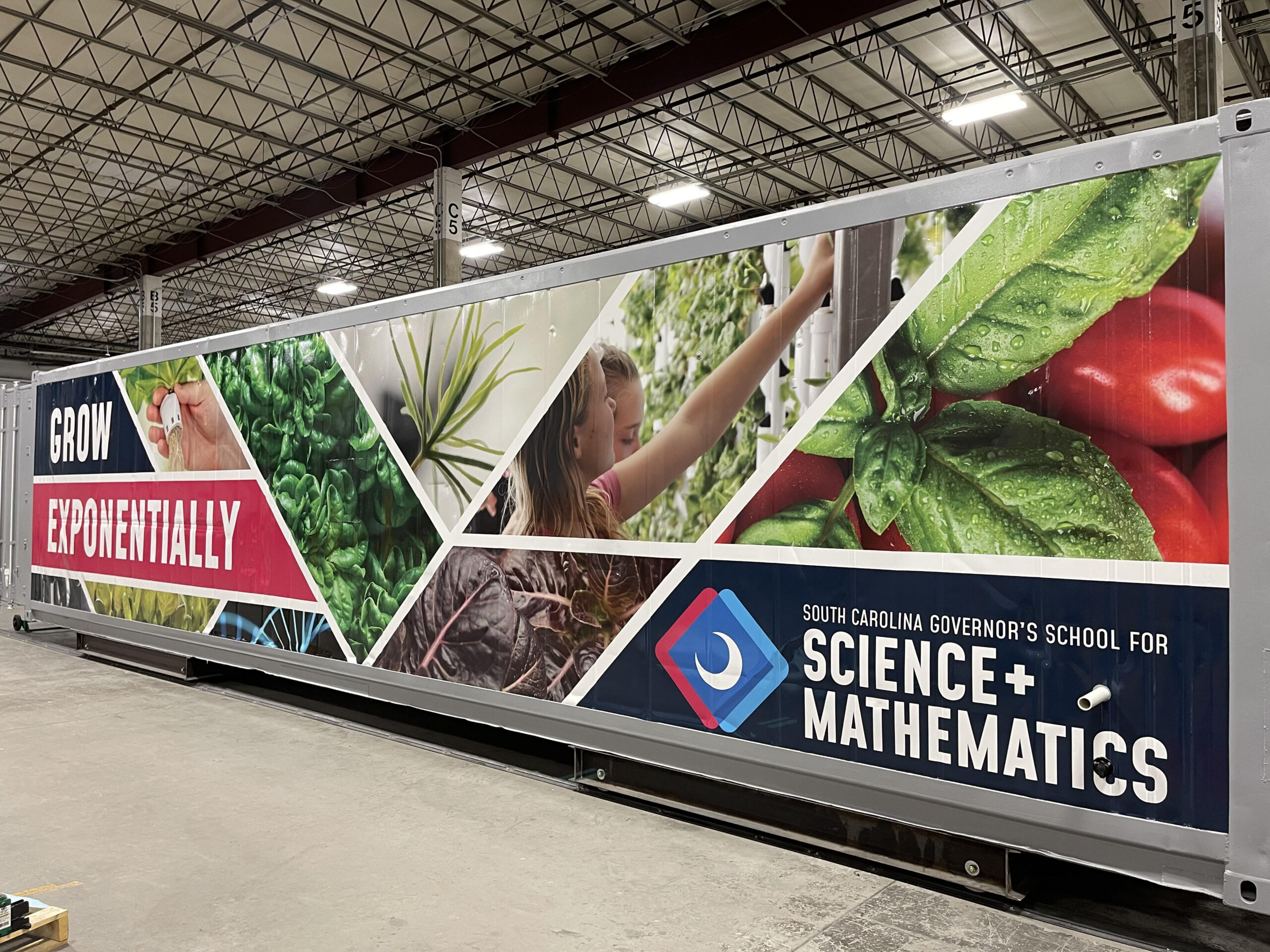
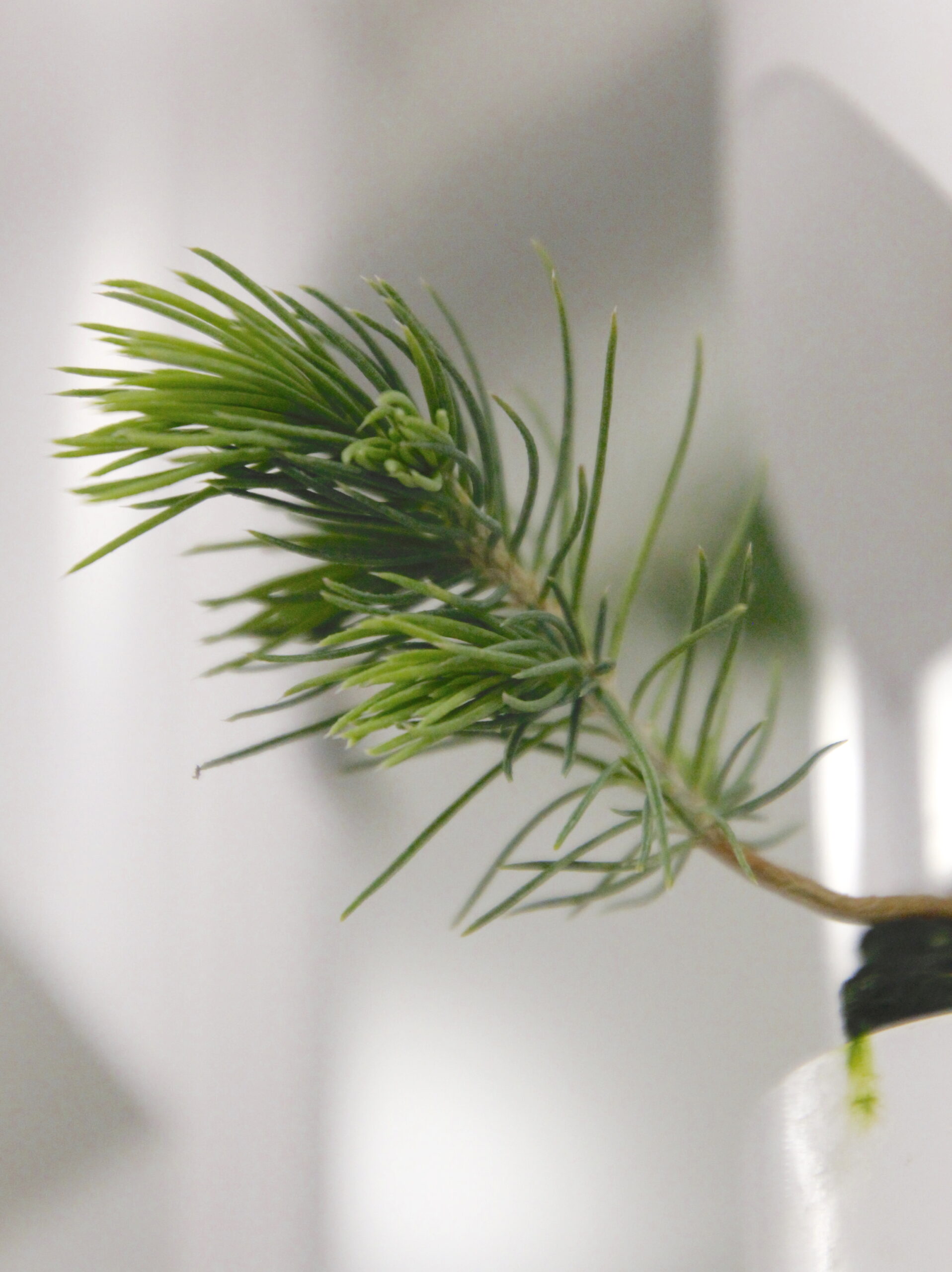
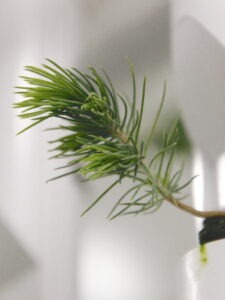
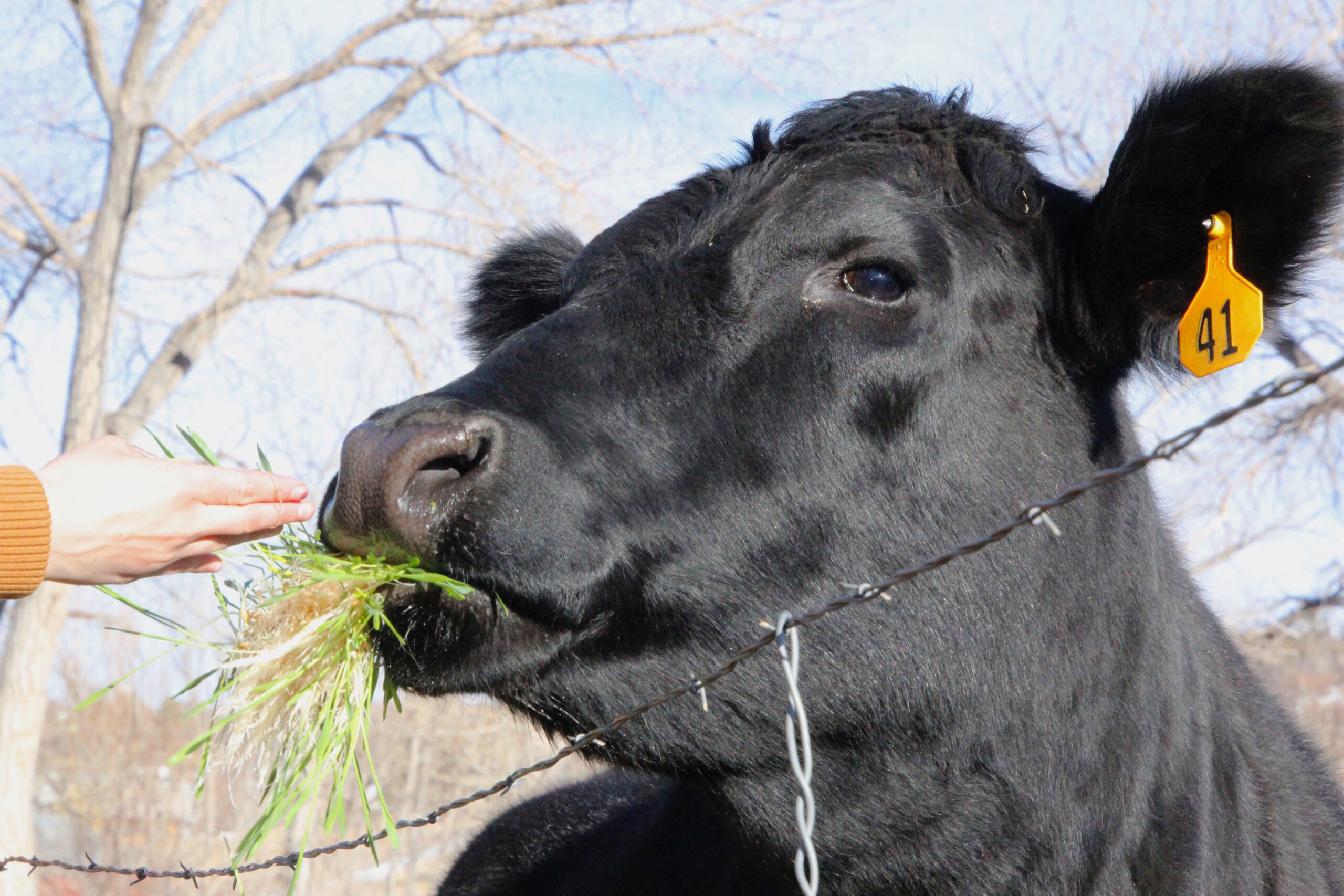
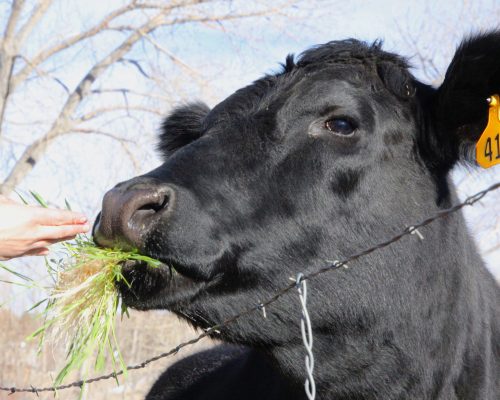
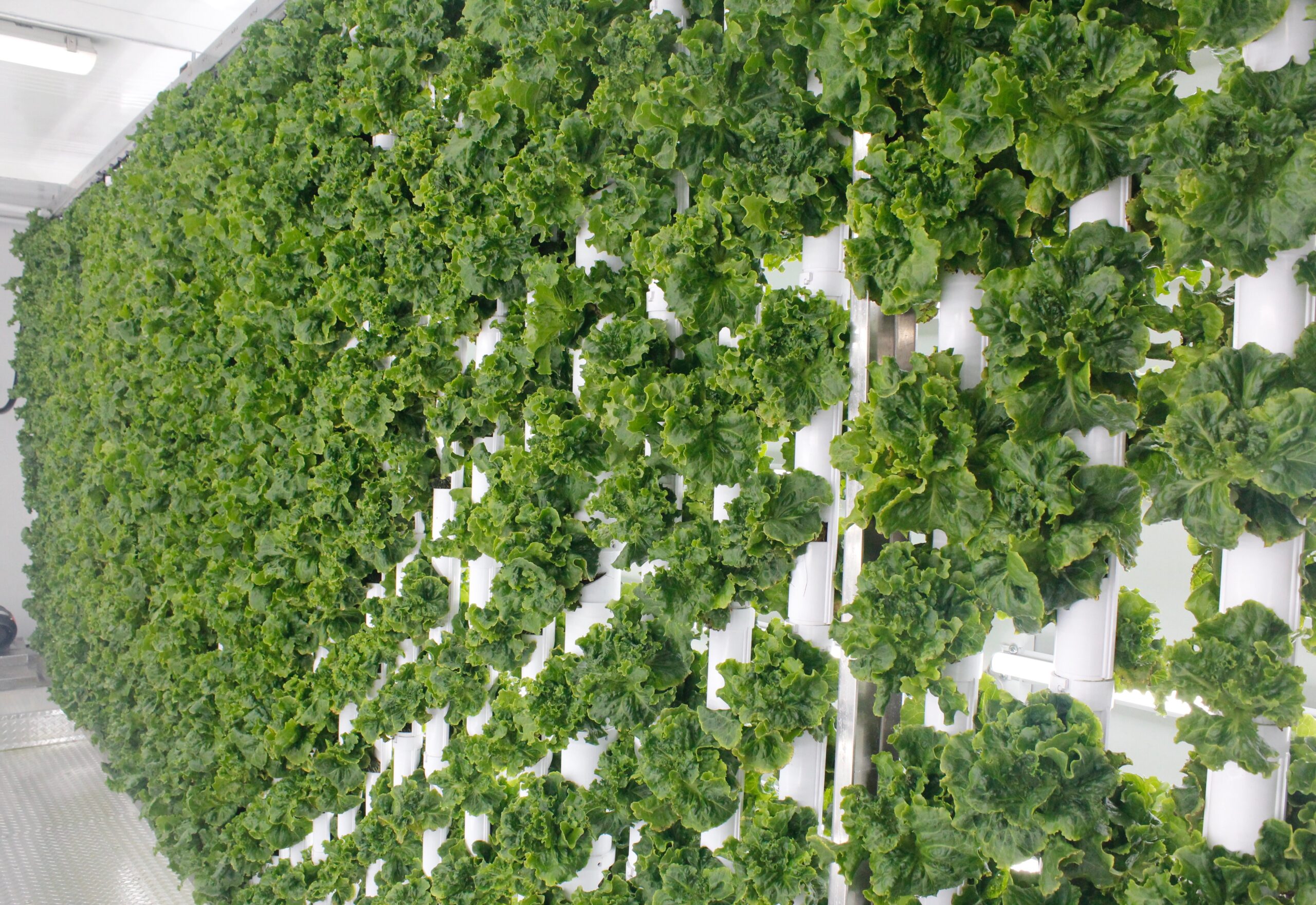
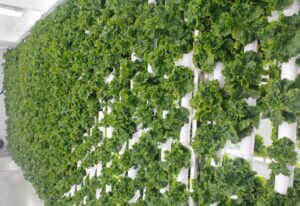
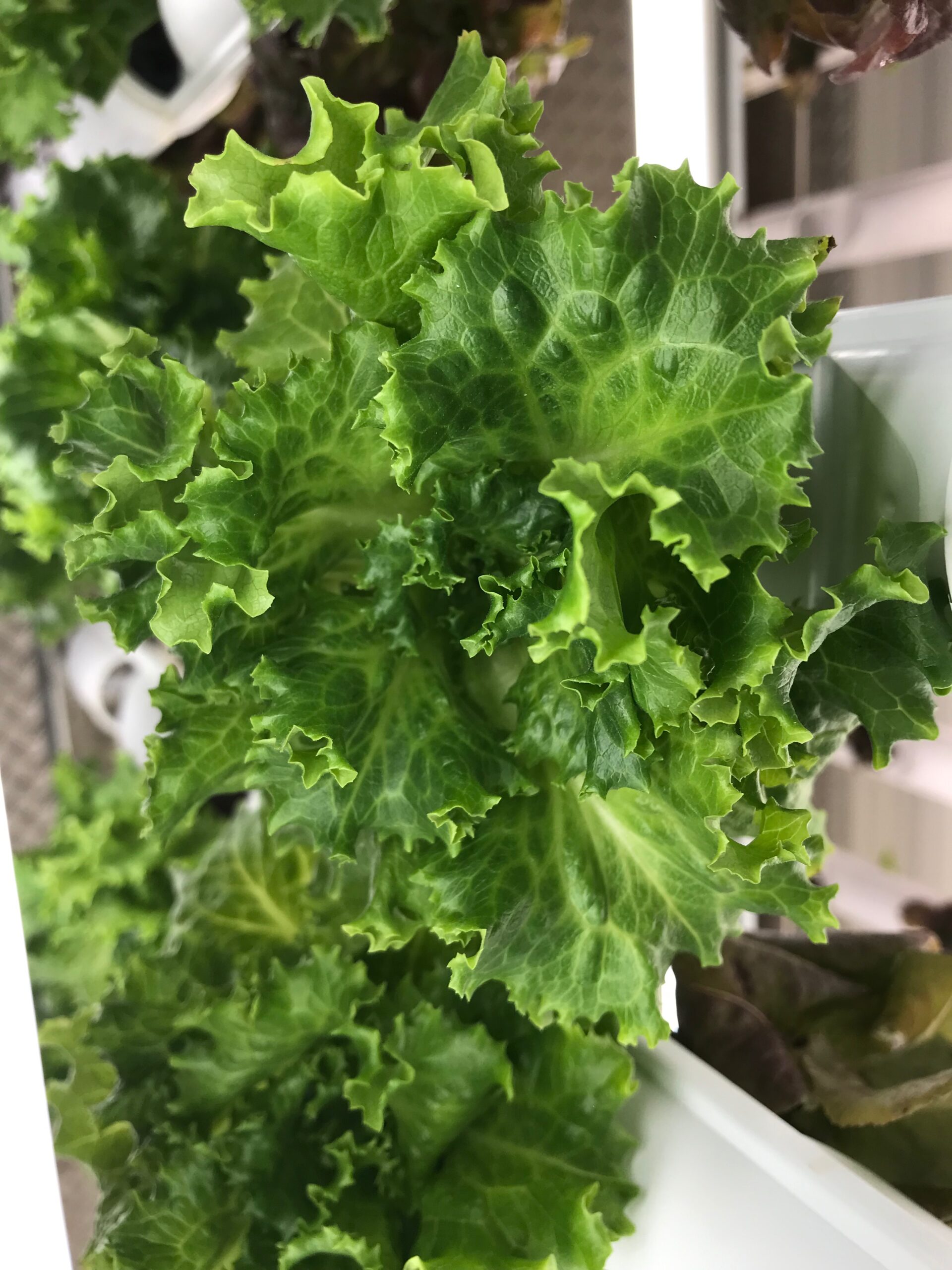
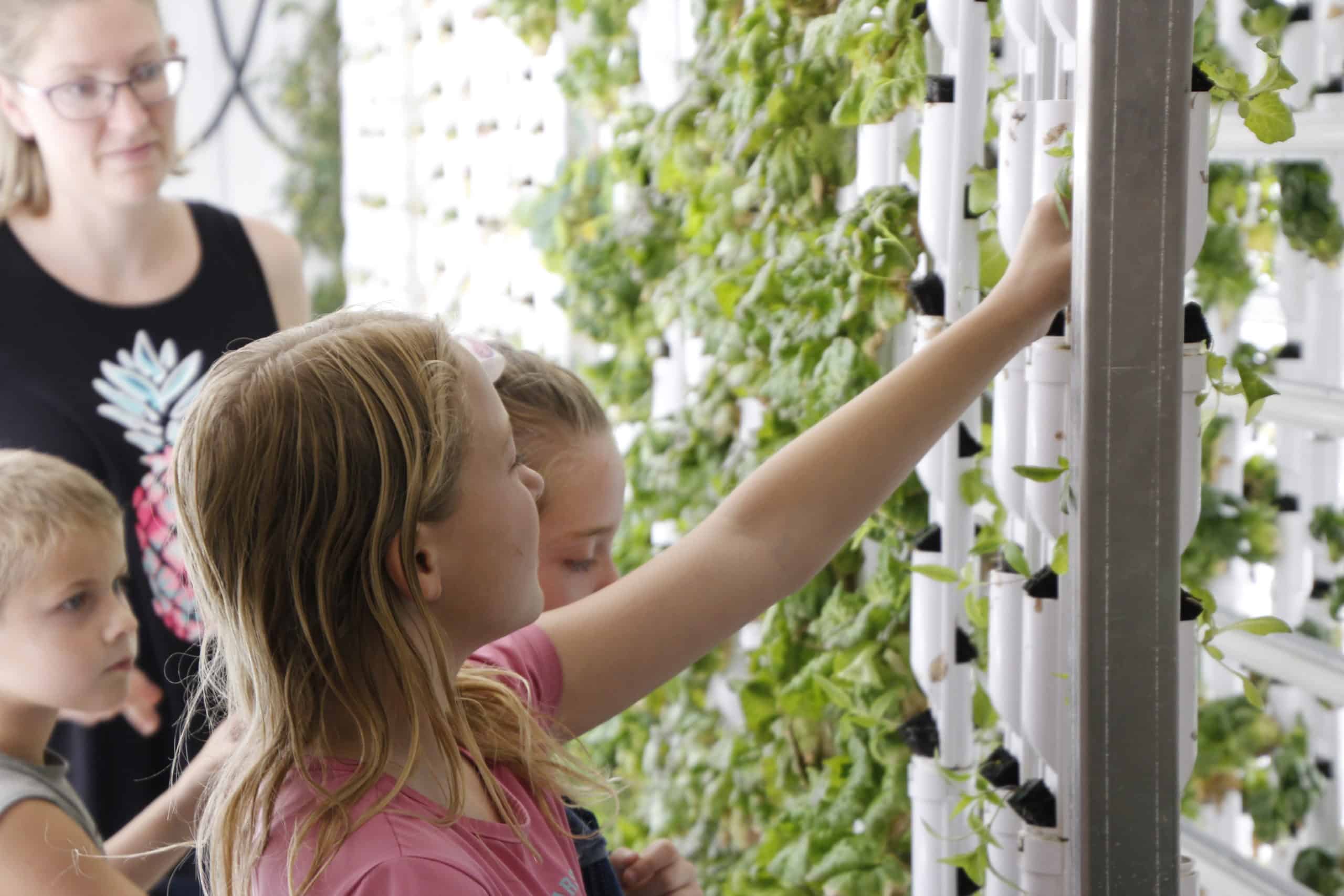
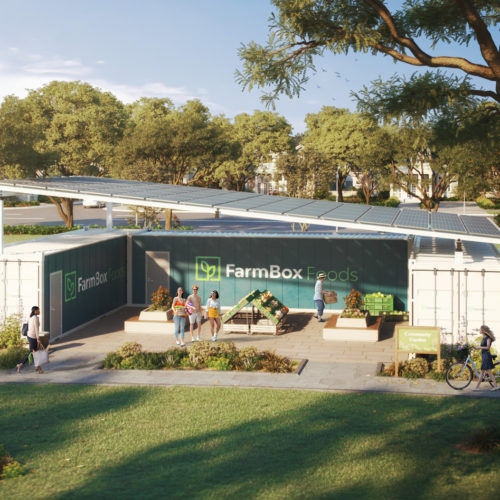
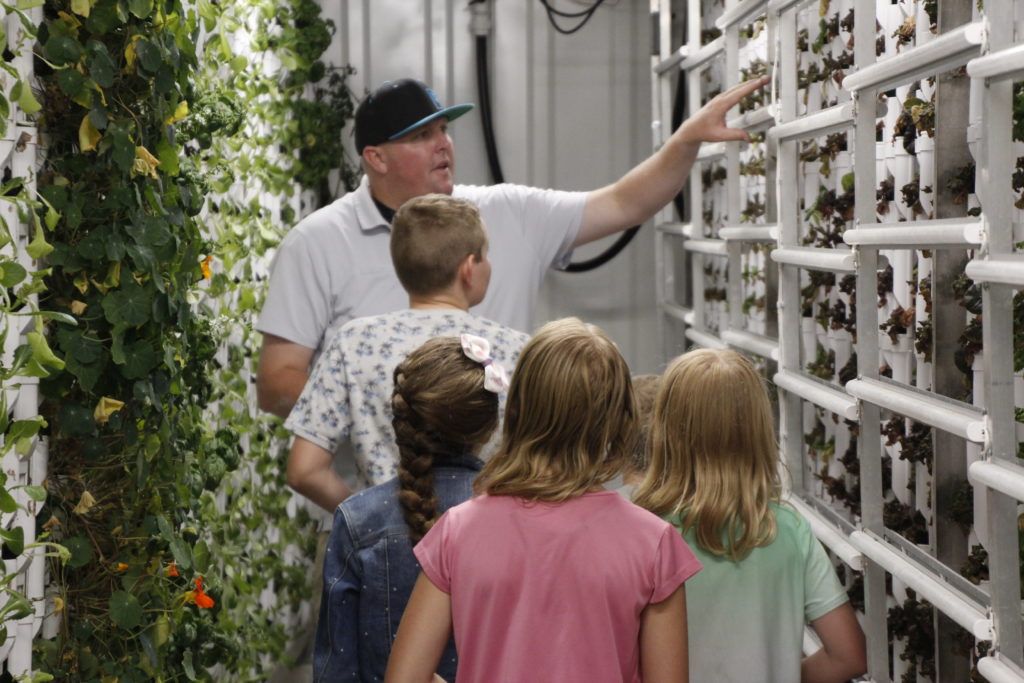
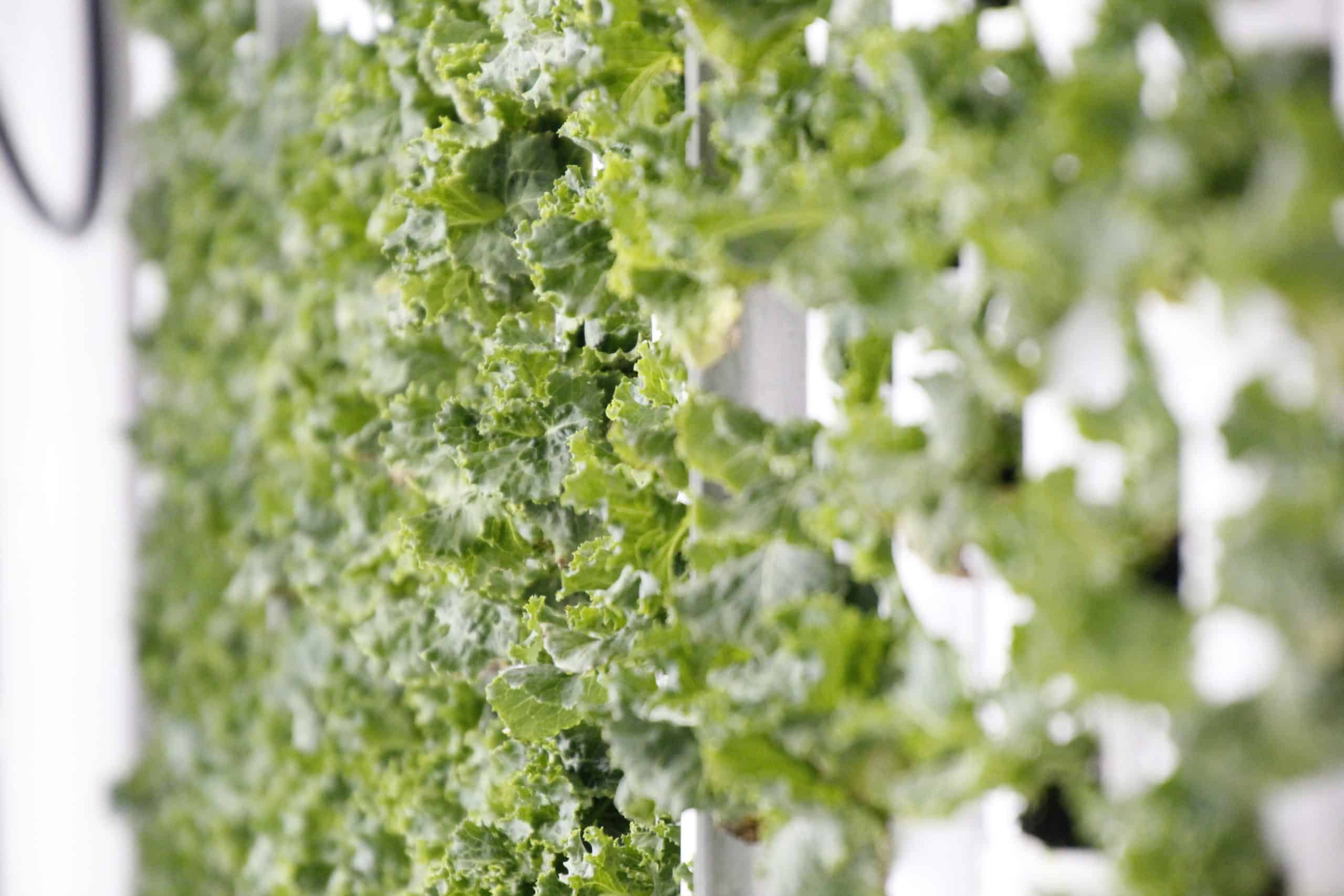
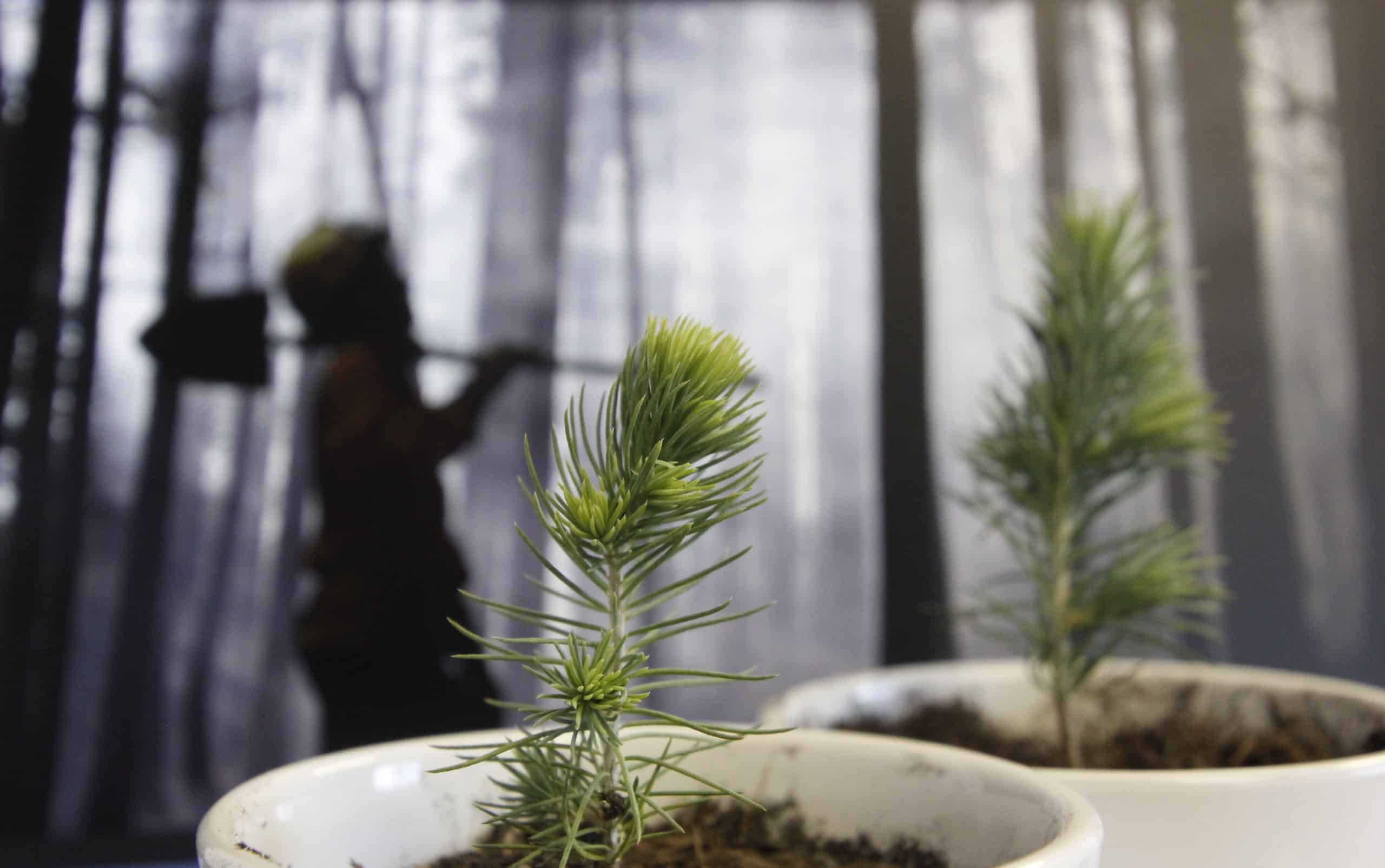
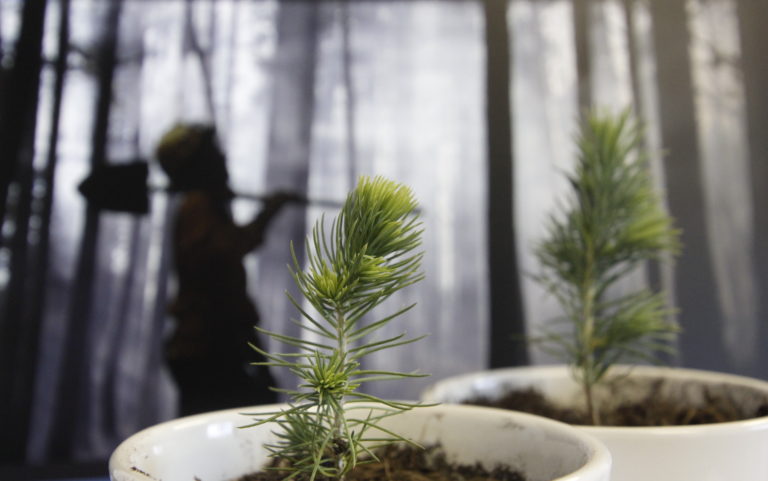
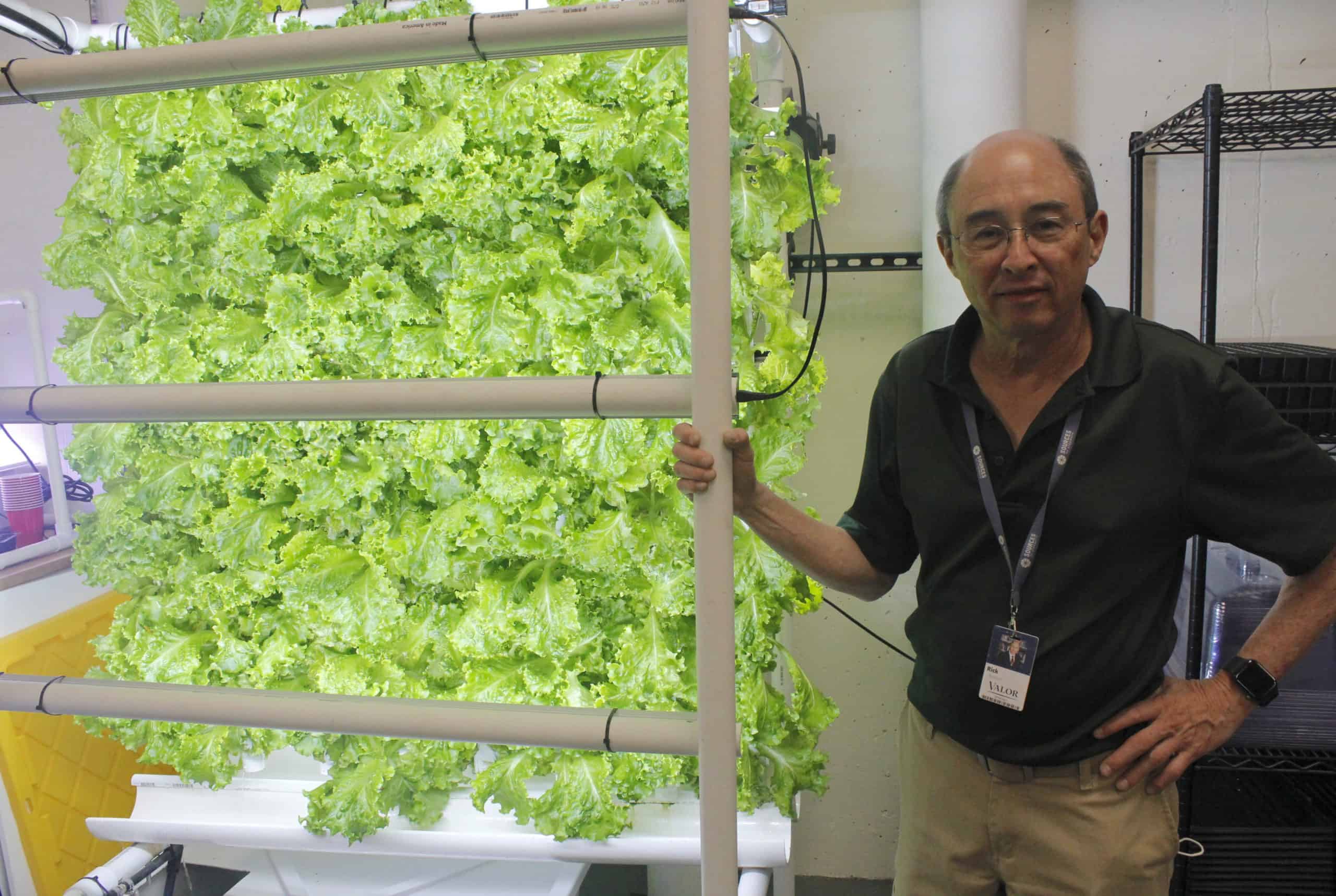
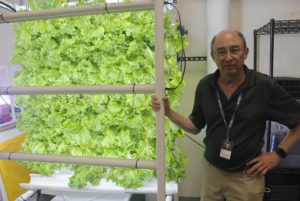 SEDALIA, Colo. – Valor Christian High School has a project-based learning environment that is helping to lead the next generation of agriculturists to the greener pastures of the future.
SEDALIA, Colo. – Valor Christian High School has a project-based learning environment that is helping to lead the next generation of agriculturists to the greener pastures of the future.